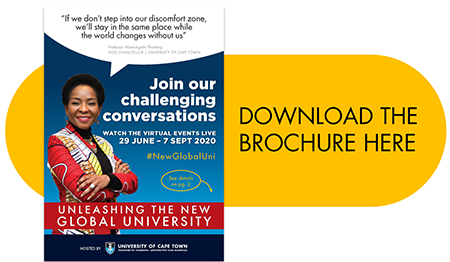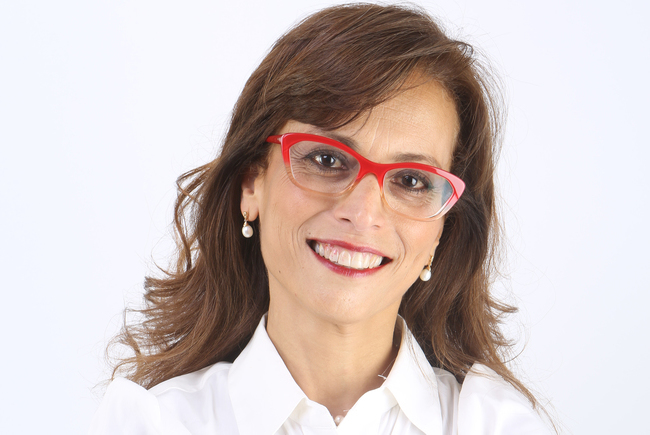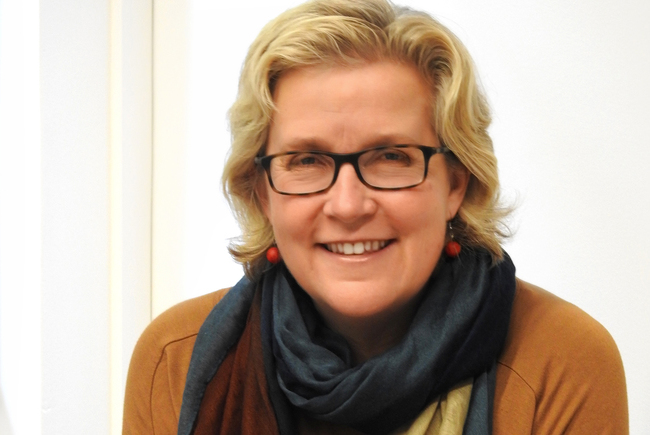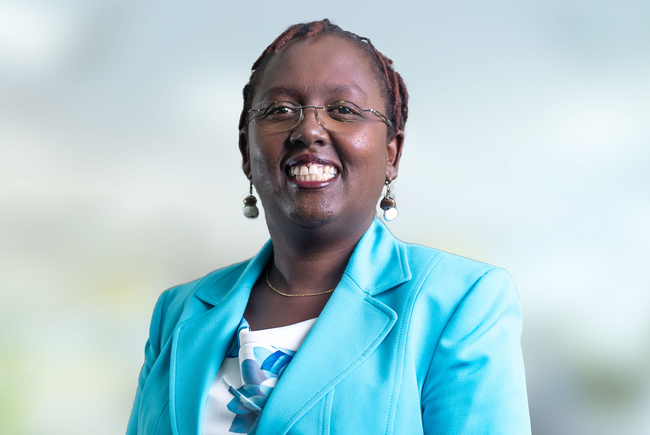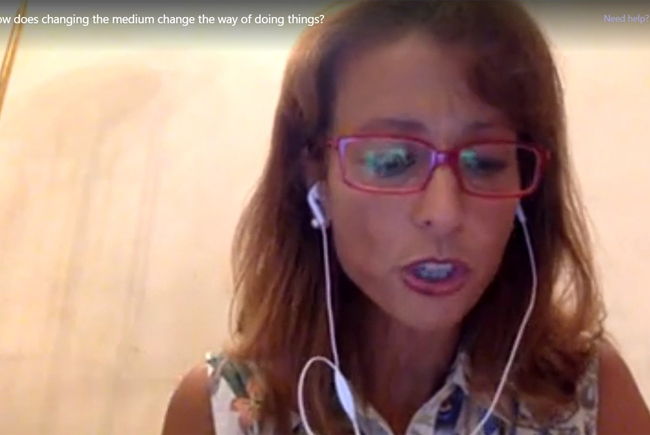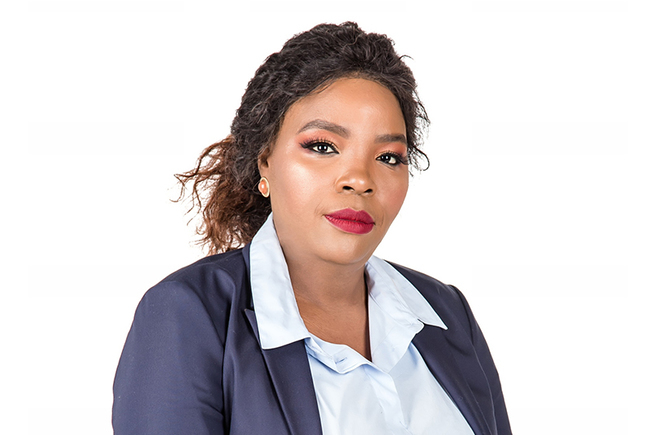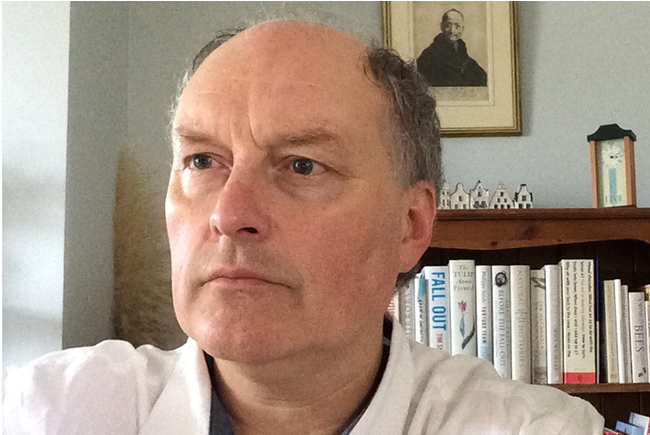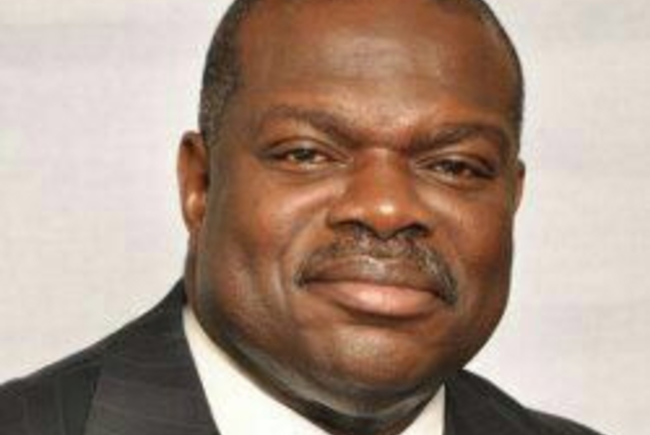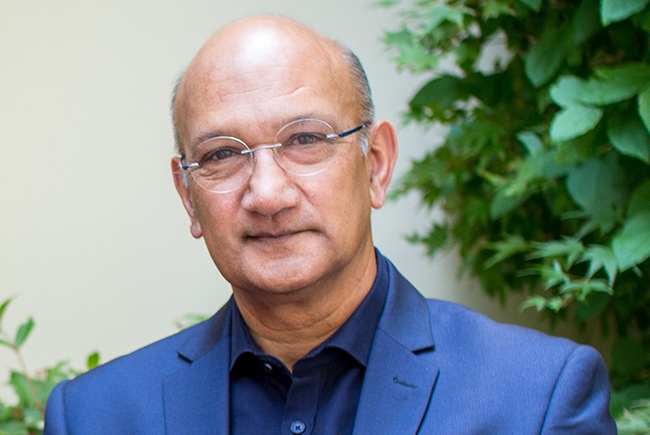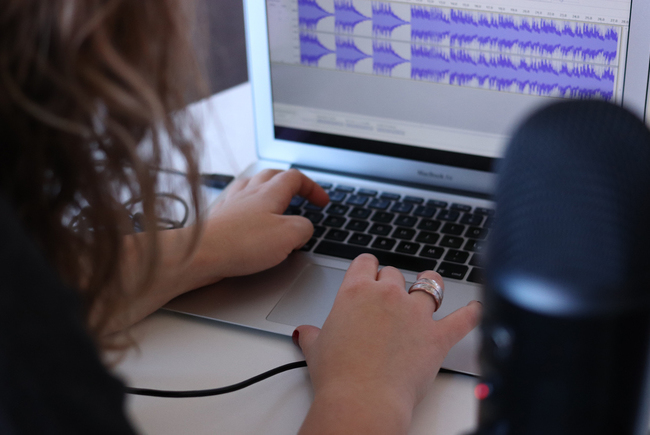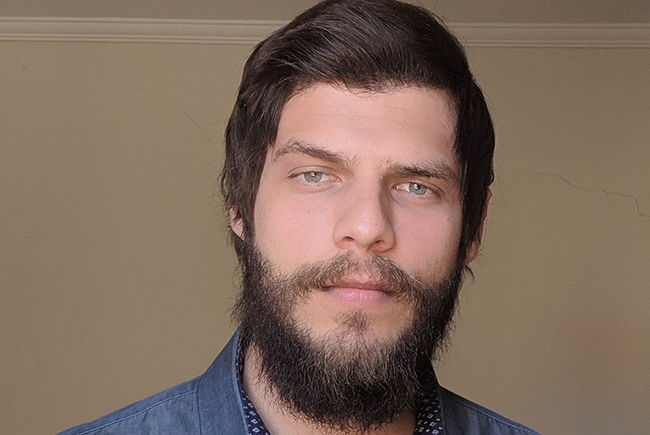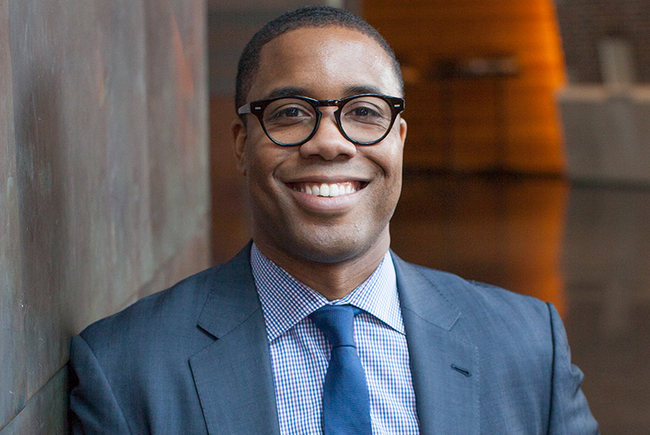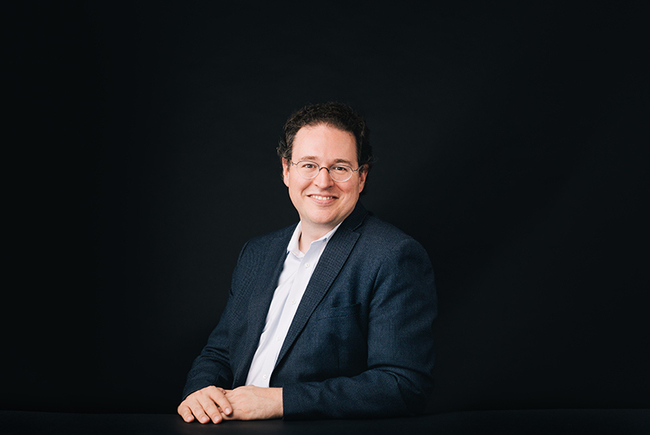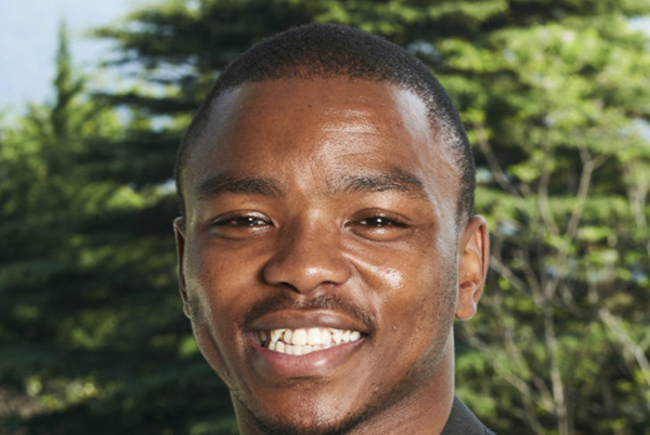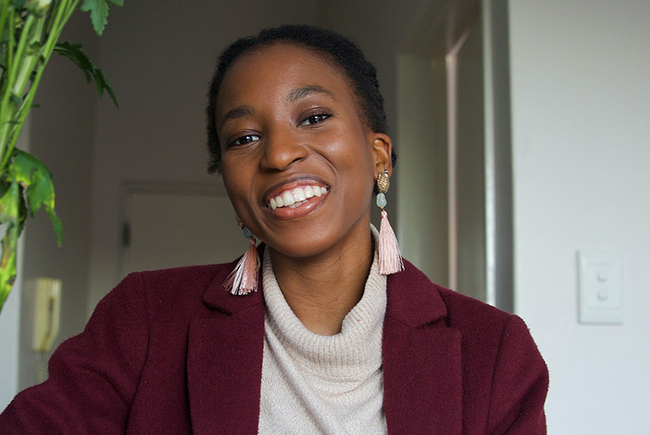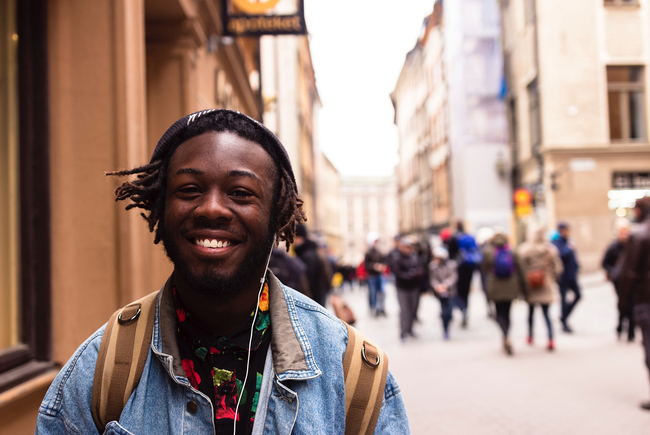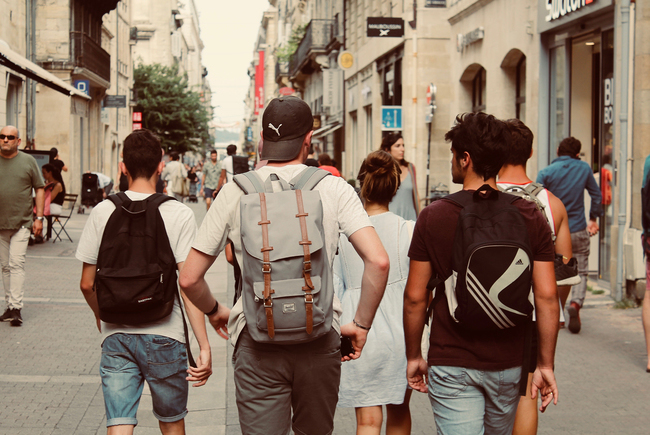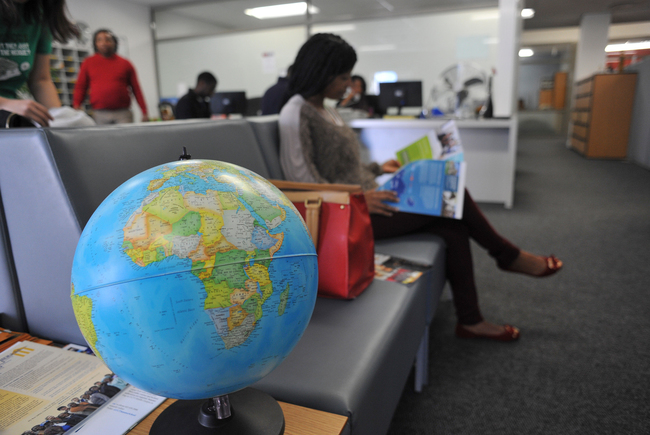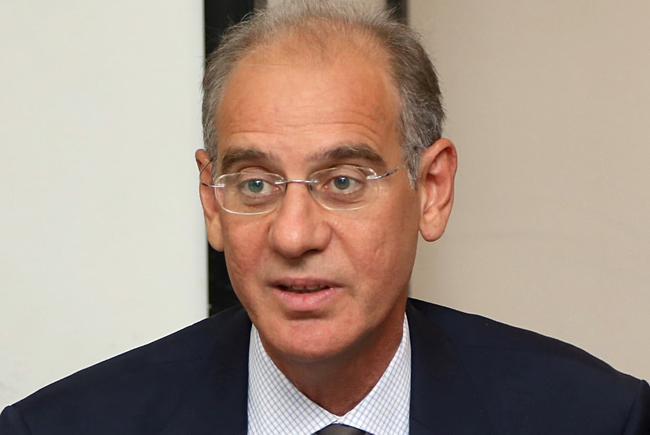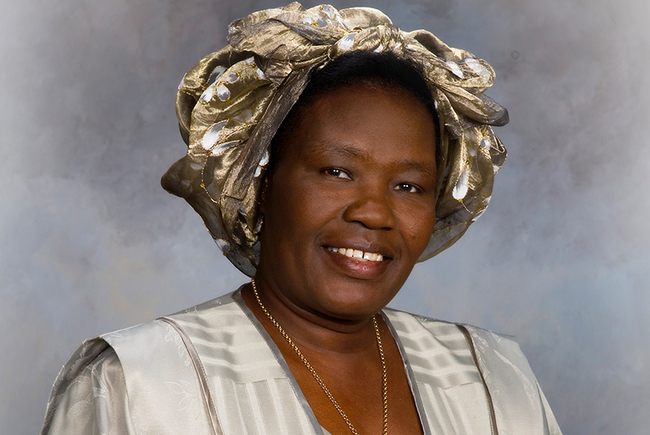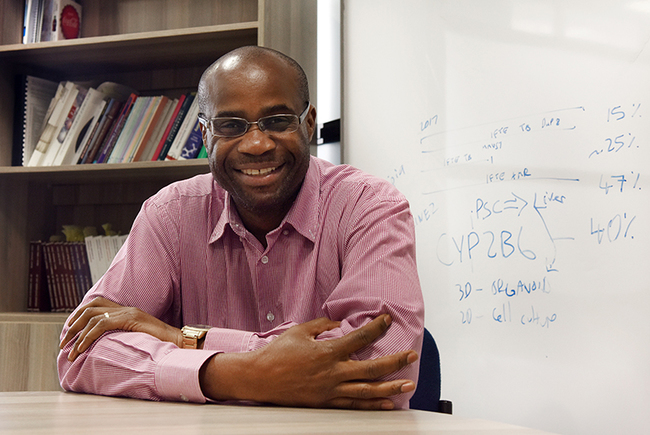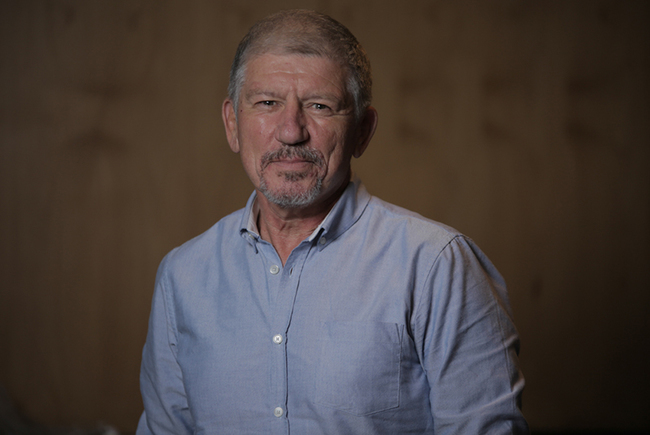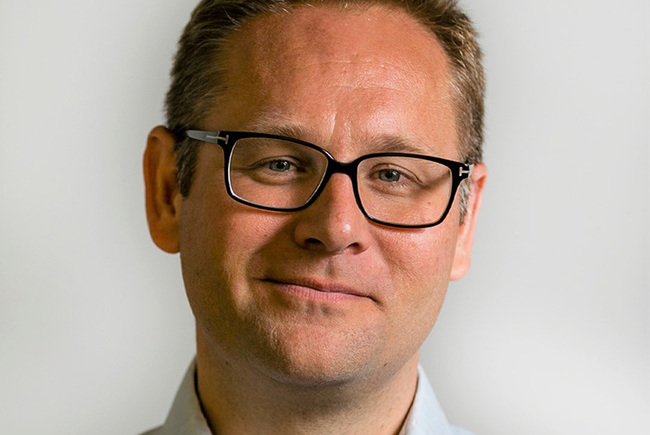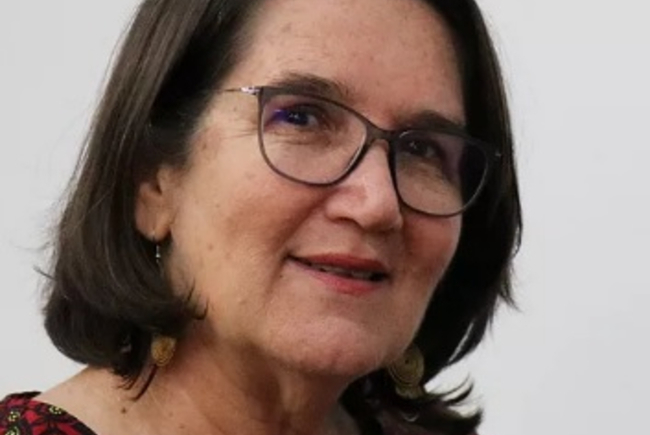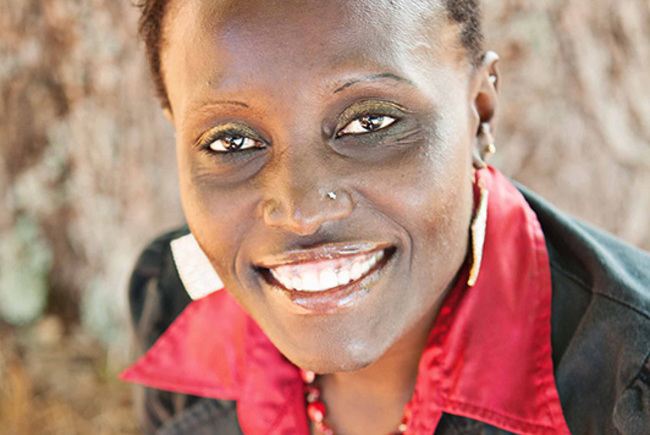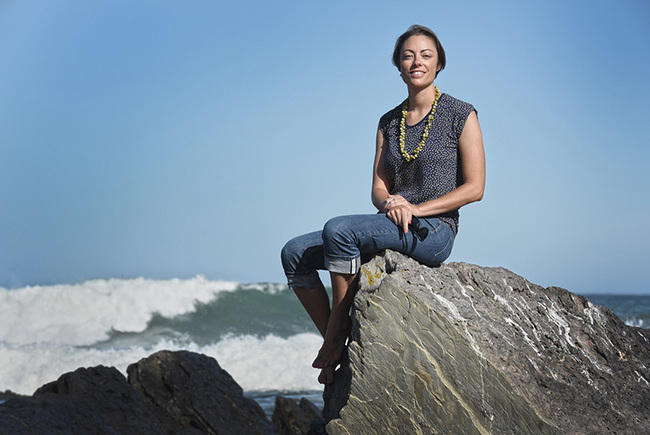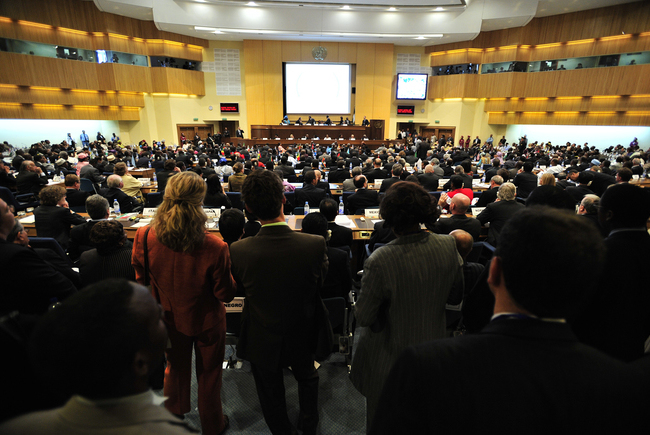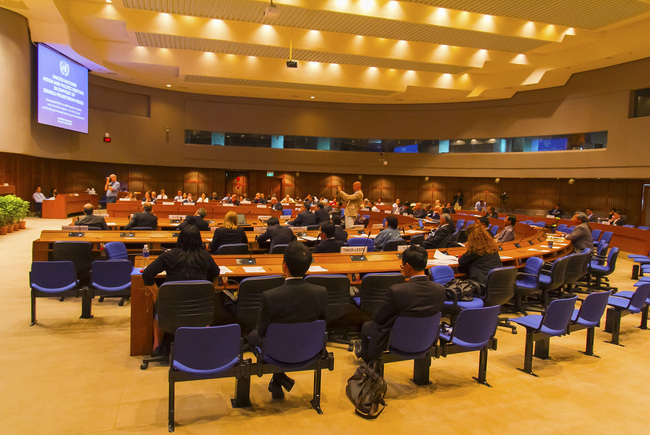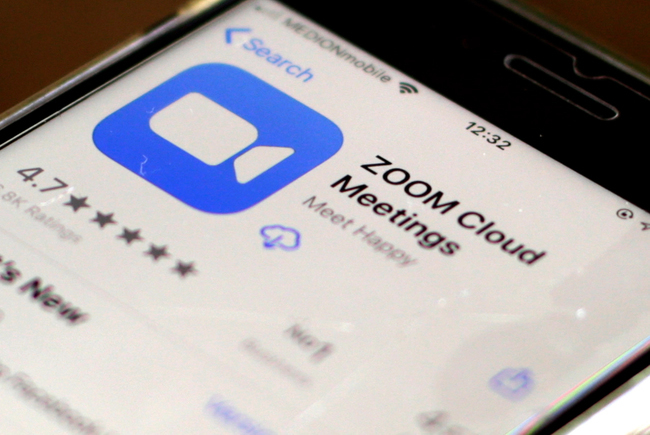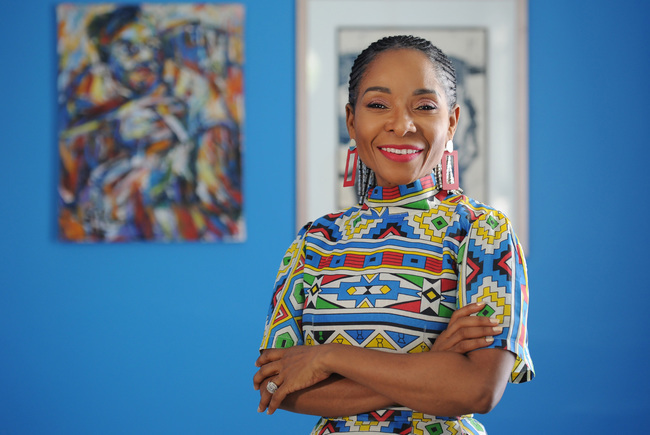It’s time to rethink the global university
19 June 2020 | Story Carolyn Newton. Photo UCT. Read time 8 min.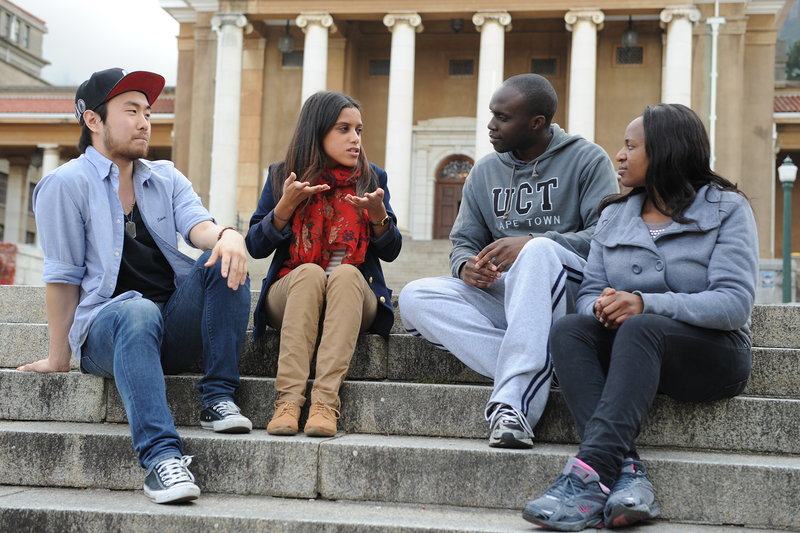
The pandemic has disrupted higher education international activities and the financial models on which universities increasingly depend. But the previous model was already problematic, contributing to global warming and benefitting rich universities more than poor. The University of Cape Town (UCT) is hosting a series of virtual events that will seize the moment to rethink global collaborations for a sustainable and equitable planet.
The COVID-19 pandemic has brought vividly to the fore both the perils of globalised higher education and the critical need for universities to work together across borders to solve threats to humanity such as this.
The current model of the globalisation of higher education, which requires executives, academics and students to travel in large numbers, has already posed a serious challenge to sustainability and exacerbates inequalities in higher education given the costs involved – particularly for universities in developing countries.
The coronavirus pandemic is posing an urgent further challenge to that model, and UCT believes that this disruption to our global patterns of behaviour should be seized as an opportunity for reinvention.
What can we do differently, and what can we not afford to lose?
“If we don’t step into our discomfort zone, we’ll stay in the same place while the world changes around us.”
Unleashing the new global university is a series of virtual events in which UCT invites innovative, international and local speakers to have challenging conversations that help us reimagine the internationalisation of higher education.
Rethinking a model on which so many universities depend will not be easy, says UCT Vice-Chancellor, Professor Mamokgethi Phakeng, who initiated and will host the series of events.
“If we don’t step into our discomfort zone,” says Phakeng, “we’ll stay in the same place while the world changes around us. We need to disrupt ourselves so that we can lead the way, rather than follow wherever the change takes us.”
Conversation 1: The future of conferences
The first event, on 29 June, will focus on the future of conferences and international meetings. Most of us will by now have attended virtual versions of large international gatherings that were intended to be physical get-togethers.
Should we consider this to be the future of conferences? What are the gains and losses of online conferences, workshops and consortium meetings? How can conferences be reinvented?
Dr Katye Altieri, senior lecturer in oceanography at UCT and one of the Vice-Chancellor’s 2030 Future Leaders, recently attended an extremely large virtual conference and says it was a great experience.
“Having attended the online European Geosciences Union General Assembly 2020, with 26 000 earth scientists from 134 countries, it is easy to imagine continuing online conferences beyond COVID-19,” she explains.
“I was planning to travel to Vienna for the conference, but no-one else from my research group was attending, as it’s too costly. All of my postgraduate students attended the virtual conference for at least one session, and many for the whole week, and they really benefitted from the online session interactions.”
“Science conferences are stuck in the Dark Ages.”
Apart from the expense and the travel time involved, traditional, physical conferences are not always scintillating experiences.
Esther Ngumbi, assistant professor of entomology and African American studies, University of Illinois at Urbana-Champaign, is one academic who has argued for a complete rethink.
“Every month, scientists gather at conferences around the world,” she wrote in Wired in March this year, in an article entitled ‘Science conferences are stuck in the Dark Ages’.
“Their topics range…, but they are equally dull, dated and drill like,” she says.
These conferences are critical for academic success, but for decades, she argues, “the room has been the same: four walls, a podium and a projector.”
Ngumbi is one of the speakers of the first UCT event, each of them engaging with a counterpart in a conversation that is primed to push boundaries and look for innovative solutions.
The other participants are Phil Baty, chief knowledge officer of Times Higher Education, Isabel Casimiro, president of the Council for the Development of Social Science Research in Africa (CODESRIA), and Katye Altieri, lecturer in oceanography at UCT.
“The open flow of ideas and talent across borders is the lifeblood of great scholarship and will be the key to addressing some of the world’s shared grand challenges, such as the current pandemic, and looming disasters, such as global heating,” says Baty.
“But the long-standing and deep-seated inequalities in global scholarship, between the elite and usually rich universities of the global north and those in the global south, are often exacerbated by restrictions of movement, driven by deliberately hostile visa and immigration regimes.
“The rise of the virtual conference should help smash structural inequalities in global scholarship.”
“I really hope that improvements to remote-access, digital events can help break down these inequalities and help support a new era of equal partnership and exchange, and help show the world the extraordinary power of universities when their academics share and collaborate.”
Conversation 2: African-led collaborations
The second event, on 13 July, will focus on whether or not the disruption to the current higher education model can bring about a shift in the centre of gravity in international collaborations and help us to reimagine a different approach that empowers African institutions to take the lead in collaborative projects and partnerships both within and outside the continent.
Future topics include undergraduate mobility and postgraduate international experiences.
Unleashing the new global university: the details
- Monday 29 June | Academic conferences: how virtual can we go?
- Monday 13 July | International collaborations: how can we shift the power towards Africa?
- Monday 27 July | Undergraduate student mobility: are virtual experiences a realistic substitute?
- Monday 24 Aug | Postgraduate researchers: can we rethink the international experience?
- Monday 7 Sep | How does changing the medium change the way of doing things?
Each event runs from 17:30 to 18:30 (CAT/SAST).
RegisterFollow the #newglobaluni conversation on Twitter.
Participants include:
- Katye Altieri, senior lecturer in oceanography, University of Cape Town
- Rifat Atun, professor of global health systems, Harvard University
- Phil Baty, chief knowledge officer of Times Higher Education
- Isabel Casimiro, president of the Council for the Development of Social Science Research in Africa (CODESRIA)
- Kelly Chibale, professor in organic chemistry, director of H3D, UCT
- Andrew Gordon, CEO and founder, Diversity Abroad
- Catherine Odora Hoppers, professor in development education, UNISA
- Salome Maswime, professor in global surgery, UCT
- Ben Nelson, CEO, Minerva Project
- Esther Ngumbi, assistant professor of entomology and African American studies, University of Illinois at Urbana-Champaign
 This work is licensed under a Creative Commons Attribution-NoDerivatives 4.0 International License.
This work is licensed under a Creative Commons Attribution-NoDerivatives 4.0 International License.
Please view the republishing articles page for more information.
Unleashing the new global university
A series of challenging conversations
The pandemic has disrupted higher education international activities and the income on which universities increasingly depend. But the previous model was already problematic, contributing to global warming and benefitting rich universities more than poor. Unleashing the new global university is a series of virtual events in which we invite innovative, international and local speakers to have challenging conversations that help us rethink global collaborations for a sustainable and equitable planet.
Conversation #5: How does changing the medium change the way of doing things?
Monday, 7 September 2020, 17:30–18:30 (CAT/SAST)
Covid-19 has radically changed the ways that universities do everything: research, teaching, social responsiveness and internationalisation. International students have gone home or are in lockdown unable to physically experience the countries they are visiting; they are completing courses through remote learning. Conferences have gone online. Researchers are collaborating on virtual platforms.
Ironically, the lockdown has seen an opening up of connections, as distance ceases to be a barrier. While the opportunity to tangibly experience the location has gone, there have been many positive aspects to these changes, which universities have embraced, and are looking to take into the future.
The great hope has been that we can use the new technologies on which we are now relying during the pandemic to be more creative in the ways we shape international experiences and collaborations, and to do so in ways that lessen the negative characteristics of the old model.
How will changing the medium challenge the nature of global relationships? What have the opportunities been to decentre and disturb existing internationalised power relations?
This session will creatively address how more equal relationships might be formed; how digitally mediated forms of global engagement might enable what Nancy Fraser calls “participatory parity”.
Host
- Mamokgethi Phakeng, vice-chancellor, University of Cape Town, South Africa
Moderator
- Laura Czerniewicz, professor, director: Centre for Innovation in Learning and Teaching (CILT), University of Cape Town, South Africa
Participants
Videos
News
Conversation #4: Postgraduate researchers: can we rethink the international experience?
Monday, 24 August 2020, 17:30–18:30 (CAT/SAST)
What are the markers of a truly enriching postgraduate experience? From a global north perspective, being able to travel abroad to access resources and expertise from elsewhere in the globe, create new networks and build a CV have been almost taken for granted and a central tenet of the postgraduate experience. Postgraduates in the global south have had far fewer opportunities for mobility. The COVID-19 pandemic has ended international travel for all postgraduates, creating an opportunity to stop and think: can we make the postgraduate international experience more equitable by going virtual? In this challenging conversation, we explore what will be lost and gained if postgraduates gain an international experience as deskchair travellers.
Host
- Mamokgethi Phakeng, vice-chancellor, University of Cape Town
Moderator
- Sue Harrison, deputy vice-chancellor for research and internationalisation, University of Cape Town
Participants
Videos
News
Conversation #3: Undergraduate student mobility: are virtual experiences a realistic substitute?
Monday, 27 July 2020, 17:30–18:30 (CAT/SAST)
The number of undergraduate students travelling for part or all of their degrees has increased dramatically in the last few years. Some of these students are on exchange or scholarships; the majority pay large fees, which increasingly form a substantive portion of the income of their destination institutions. The pandemic brought most of this mobility to a halt. These international experiences can be rich, even life-changing: both the exposure to new ways of thinking, but also to new ways of living. But they come at a cost – both to the environment, and often to the student, meaning only the well-off can afford them. Using what we are learning from the global shift to emergency online teaching and learning, can we envisage a more sustainable, equitable model? What are the most valuable aspects of the international experience for students, and for which of those can we find creative virtual alternatives?
Host
- Mamokgethi Phakeng, vice-chancellor, University of Cape Town
Moderator
- Sue Harrison, deputy vice-chancellor for research and internationalisation, University of Cape Town, South Africa
Participants
Videos
News
Conversation #2: International collaborations: how can we shift the power towards Africa?
Monday, 13 July 2020, 17:30–18:30 (CAT/SAST)
The second event focused on whether or not the disruption to the current higher education model can bring about a shift in the centre of gravity in international collaborations and help us to reimagine a different approach that empowers African institutions to take the lead in collaborative projects and partnerships both within and outside the continent.
Host
- Mamokgethi Phakeng, vice-chancellor, University of Cape Town
Moderator
- Salome Maswime, professor in global surgery, University of Cape Town
Participants
Videos
News
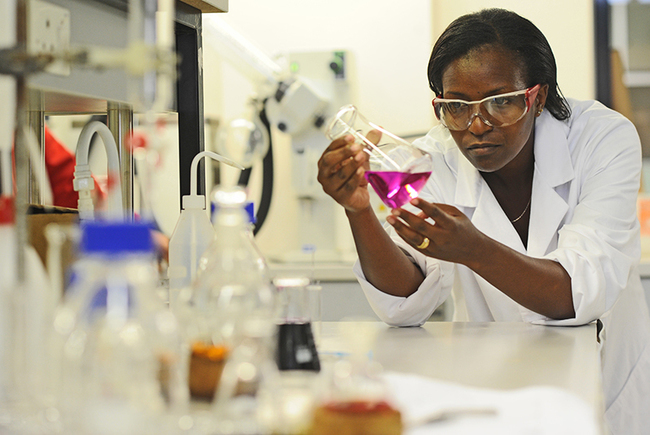
17 Jul 2020 Republished
Conversation #1: Academic conferences: how virtual can we go?
Monday, 29 June 2020, 17:30–18:30 (CAT/SAST)
Our first event focused on the future of conferences and international meetings. Most of us will by now have attended virtual versions of large international gatherings that were intended to be physical get-togethers. Should we consider this to be the future of conferences? What are the gains and losses of online conferences, workshops and consortium meetings? How can conferences be reinvented?
Host
- Mamokgethi Phakeng, vice-chancellor, University of Cape Town
Moderator
- Kelly Chibale, professor in organic chemistry, director of H3D, University of Cape Town
Participants
Videos
News







